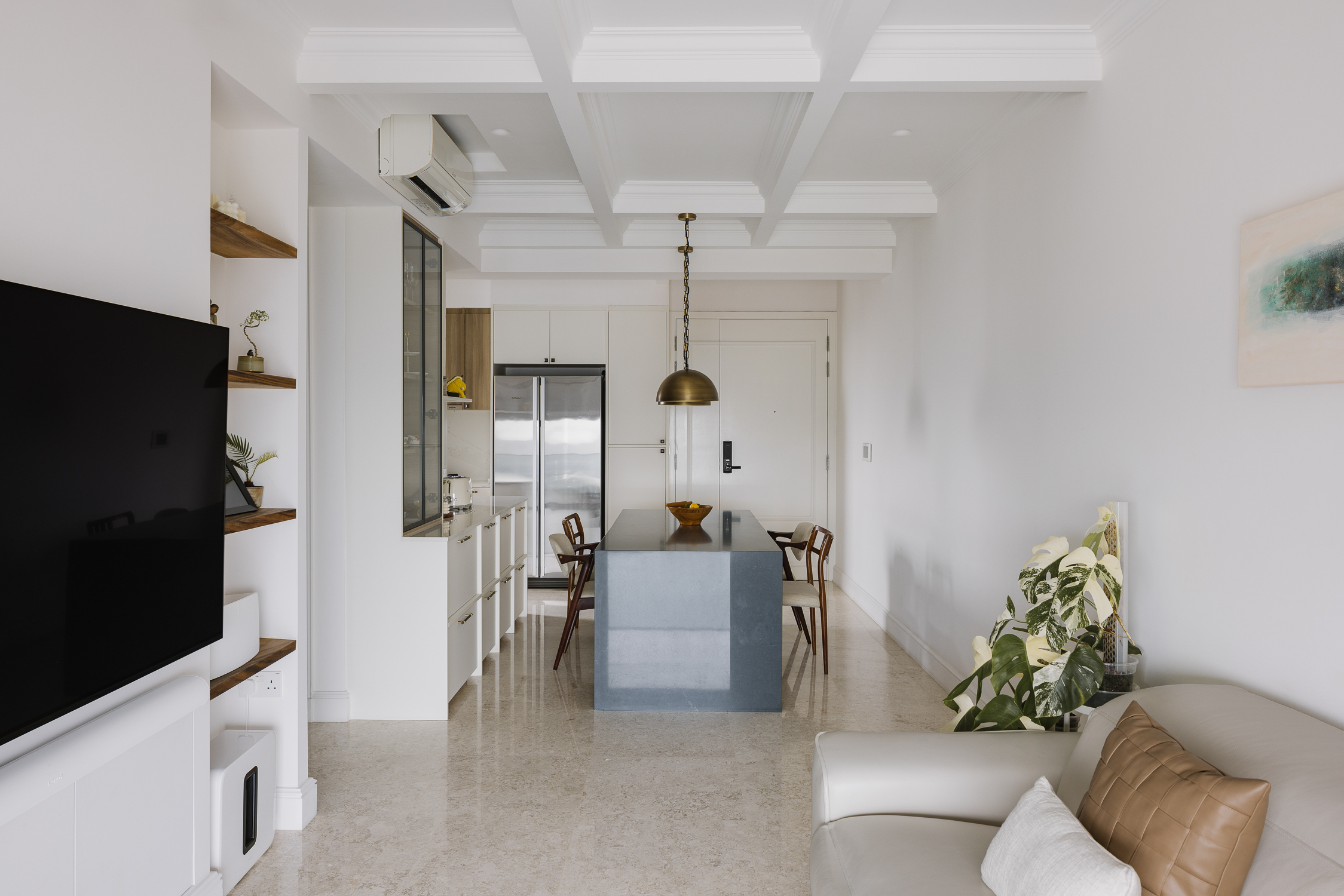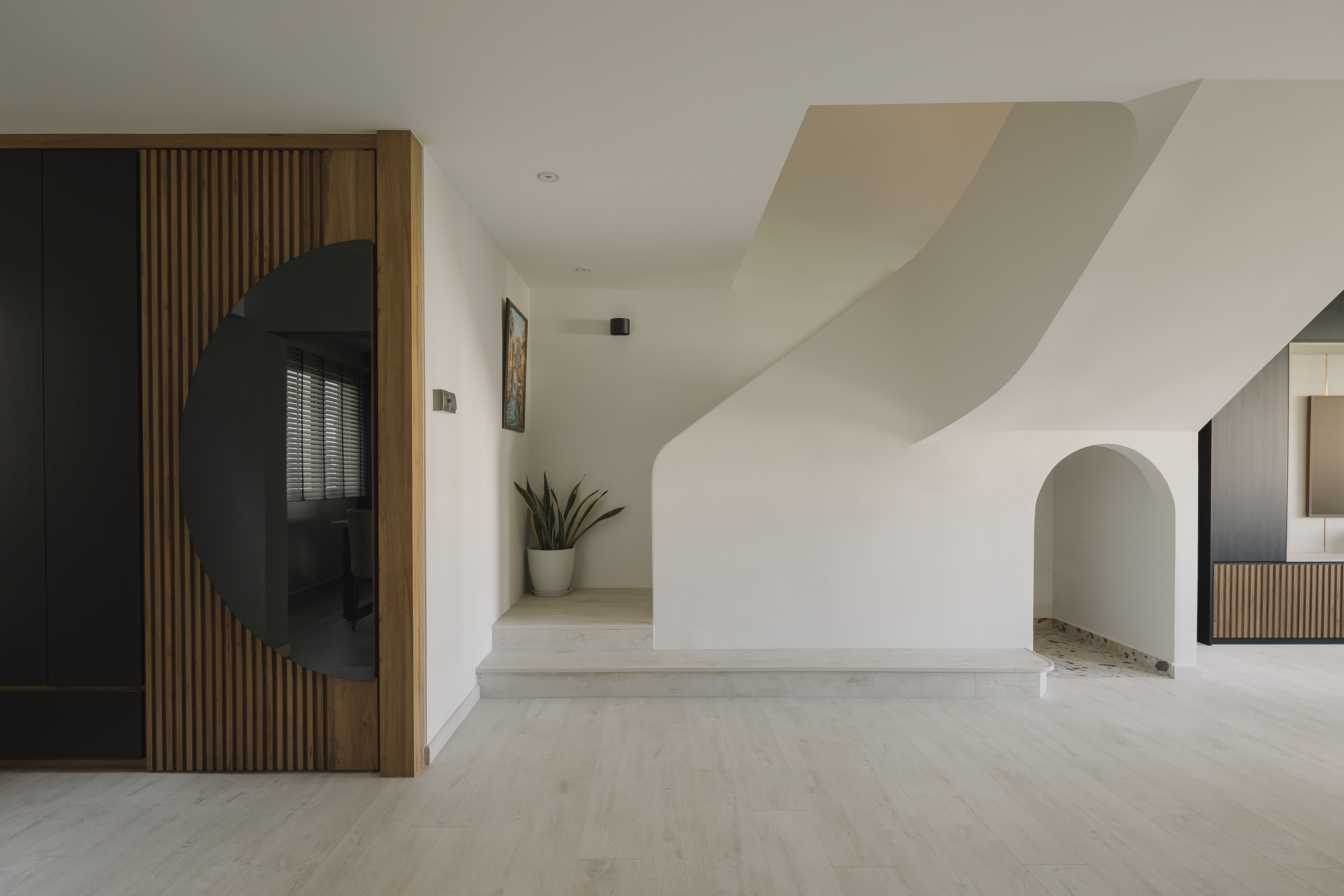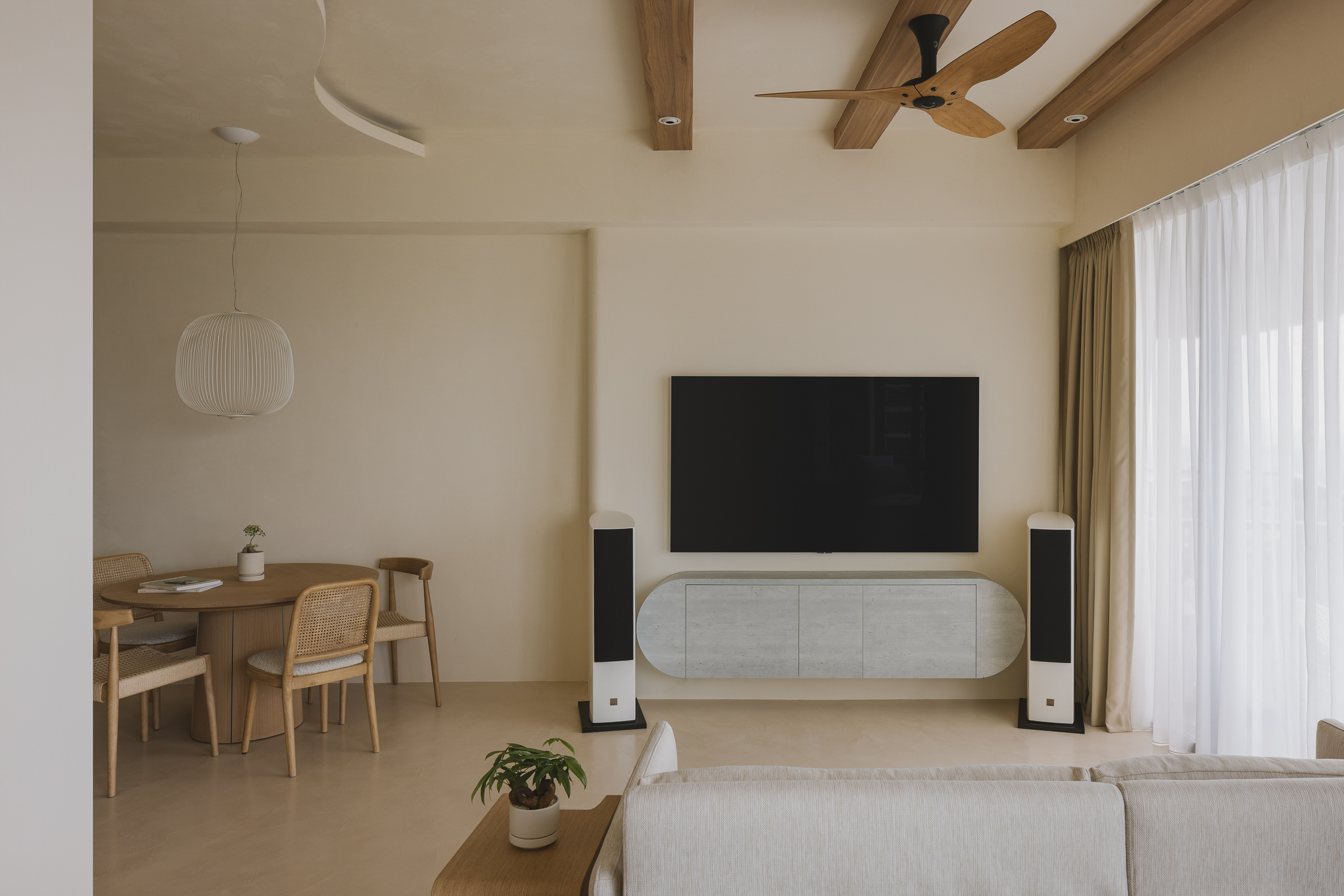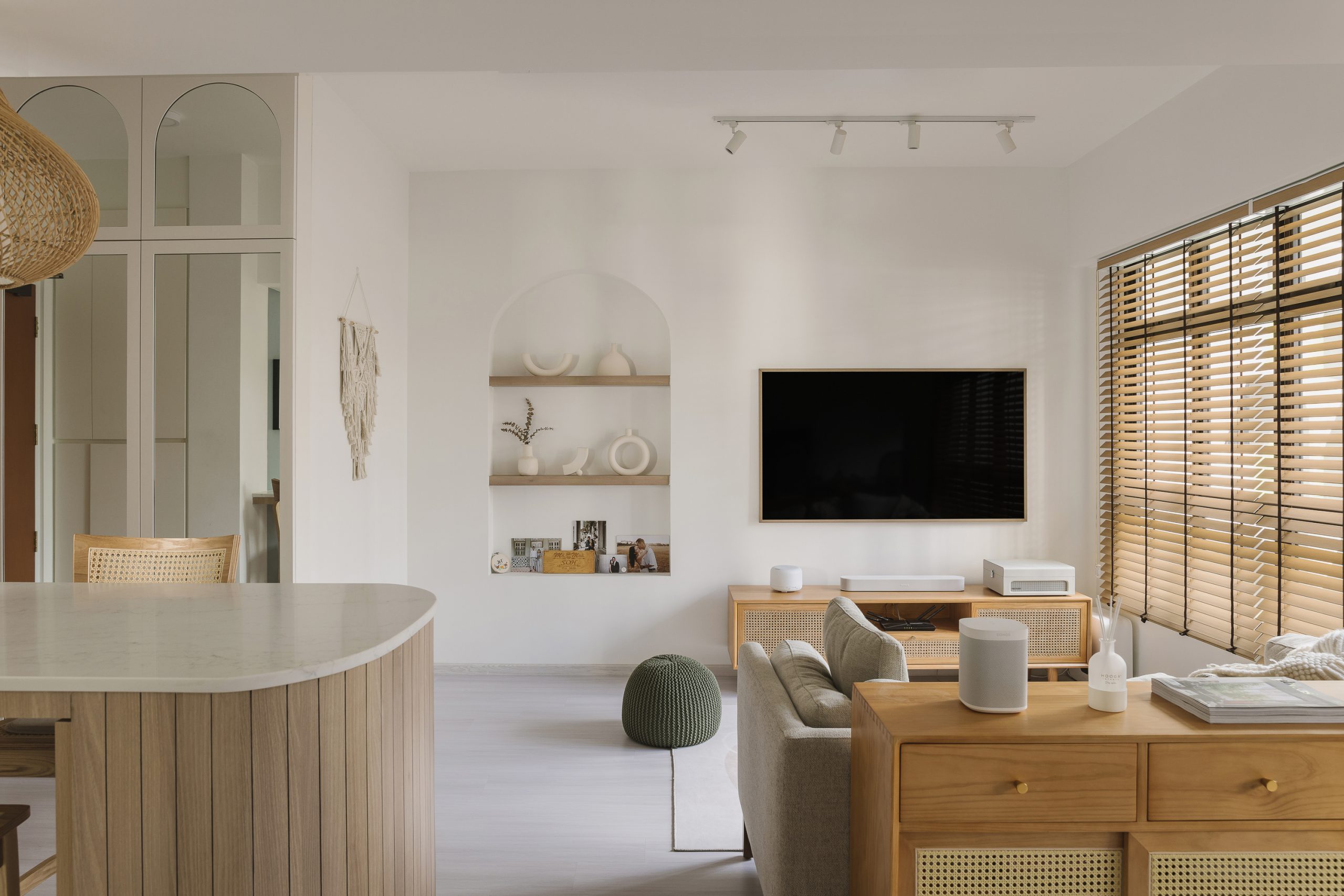Evaluating Home Size: What Modern Families Need to Know

In the densely populated city-state of Singapore, where land is scarce and property prices are among the highest in the world, the dream or goal of owning a spacious home faces a reality check. With the average living space considerably smaller than in many other countries, the aspiration for a bigger home becomes a compelling topic of discussion. Is the pursuit of a larger abode in Singapore a matter of want or need?
Last year, Singapore hit an 18-year high of nearly 4000 people declaring bankruptcy. Credit Bureau Singapore reported that the average unsecured loan balances for Singaporeans aged 21 to 29 increased by 15 percent during the third quarter of 2023. Living a lavish lifestyle is common among young adults these days, resulting in high spending and possibly debt. With the new generation’s standard of living and the economy’s rising interest rates and inflation, let’s explore the question of whether a bigger home is a want or need.
Space VS Cost

The desire for more space is natural, especially for growing families or those with hobbies that require ample room. However, in Singapore, the cost of owning a bigger house can be prohibitively high. Landed properties, which offer more space, are not only rare but also carry hefty price tags and additional costs such as higher property taxes and renovation or maintenance expenses.
For many, the decision to pursue a larger home is a balance between the need for space and the financial implications of such an investment. Before purchasing, first consider the amount of space you currently need as well as your future plans. With that in mind, you can then decide on the property type and size that is within your current financial means. Keep in mind to base your financial decisions on your current means, rather than anticipated future earnings, as life often presents unexpected challenges.
Societal and Cultural Influences

In Singapore, societal and cultural factors play a significant role in the home size debate. Multi-generational living is a common practice, with children often staying with parents until marriage and, in some cases, even after. This cultural norm can necessitate larger living spaces to accommodate extended families comfortably. However, with changing societal norms and an increase in nuclear family units, the need for vast spaces may be diminishing for some.
Another aspect that is heavily influencing the societal norm is digital content. Over the last few years, online content has undergone a significant change across different platforms, including formats, monetization and audience engagement. The content shared online often sets a high societal standard for today’s homeowners. Chasing a lifestyle comparable to that of influencers or content creators can lead to a distorted perception of reality. Remember not to compare yourself to others online or even your peers. Everyone has their own needs to meet; understanding and knowing what is yours is important.
Quality of Life

Quality of life is a significant consideration in the decision to purchase a bigger home. For some, the benefits of additional space – such as the ability to host gatherings, dedicate rooms for specific purposes, and enjoy greater privacy – can significantly enhance daily living. However, it’s essential to weigh these benefits against the potential trade-offs. For example, accessibility to amenities, or the opportunity cost of locking significant capital into real estate.
The Future of Housing in Singapore

Singapore’s government has implemented various policies and initiatives to encourage efficient use of space and promote community living. These include the design of high-quality public housing with communal amenities and the development of integrated neighborhoods. Such initiatives can make the need for a larger private dwelling less pressing for some residents, as they can enjoy various facilities within their community.
As Singapore continues to grow and evolve, the housing needs of its residents will also change. Technological advancements and innovative architectural designs are making it possible to live comfortably in smaller spaces. The future of housing in Singapore may see a shift towards more sustainable, community-focused living arrangements that challenge the traditional notion that bigger is always better.
Maximizing Space with Design

In today’s world, there are numerous examples of both overseas and local homeowners effectively utilizing interior design to maximize their small living spaces. Many of such homes are designed tastefully as well. A larger home may not always be necessary; in fact, the more space you have, the more time and effort it will require to maintain cleanliness and order. Clever interior design can be a lifesaver, potentially saving you the expense and additional upkeep of a larger home.
In Singapore, the distinction between wanting and needing a bigger house is blurred by financial, societal, and personal factors. While the desire for more space is understandable, the realities of living in a high-density, high-cost environment necessitate careful consideration of what truly constitutes a need versus a want. Ultimately, the decision is deeply personal, influenced by individual circumstances, values, and visions for the future. Always prepare for the rainy days and spend within your means, as you won’t know when you need that extra sum of money. As Singapore navigates its path towards sustainability and inclusivity, the concept of home is likely to evolve, perhaps redefining the significance of size in the process.
CONSULT OUR DESIGNER
-
30 December 2025 DESIGN INSPIRATIONHOME TOUR
A Look Inside Our 2025 Homes
-
24 December 2025 TIPS & GUIDES
5 Little-Known Condo Interior Design Hacks for Kitchens in Singapore
-
24 December 2025 TIPS & GUIDES
7 HDB Interior Designs in Singapore According to Your Personality Type
-
24 December 2025 TIPS & GUIDES
Luxury Interior Design Singapore: The 2026 Palettes, Textures, & Forms You’ll See
-
24 December 2025 TIPS & GUIDES
Scandinavian Interior Designs Don’t Have to Be Pale: How to Embrace Colour the Right Way
-
16 December 2025 DESIGN INSPIRATIONPRE-RENOVATIONTIPS & GUIDES
Low-Maintenance Interior Design Ideas For Busy Singaporeans

